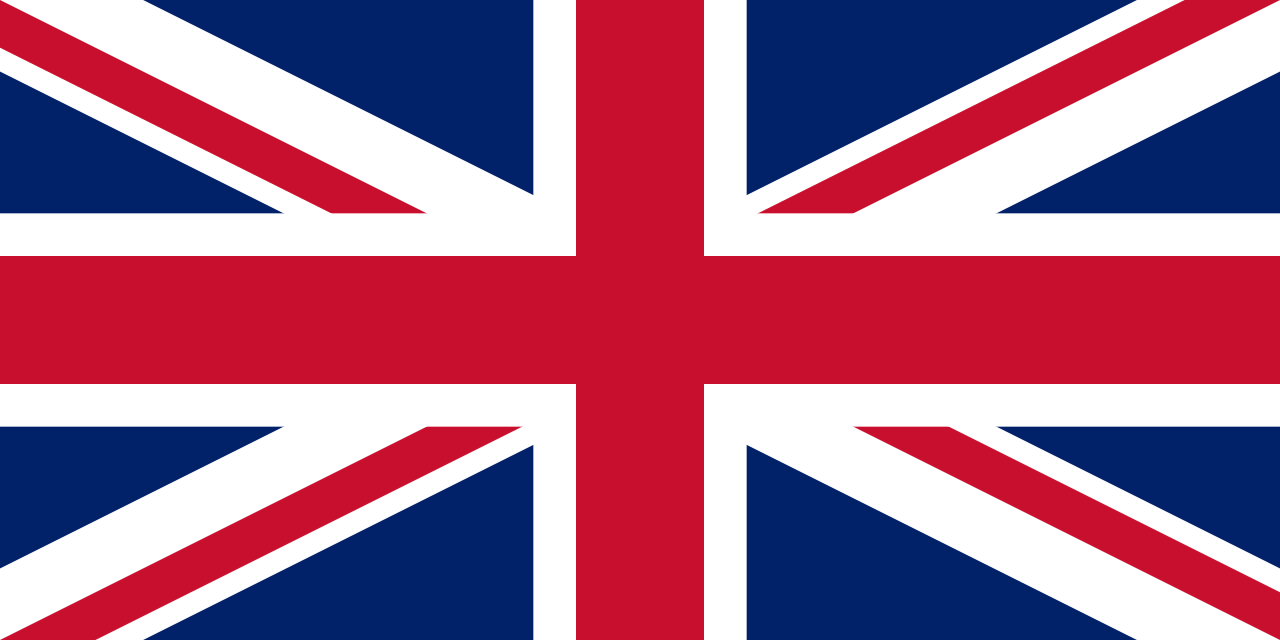UK leads in Islamic fintech ahead of Malaysia, UAE
The United kingdom is now home to a growing 27 Islamic fintechs, ahead of Malaysia, Indonesia and the United Arab Emirates (UAE). As of July 2020, IFN FinTech – a global network representing fintech’s Islamic segment – said it has recorded 142 Islamic fintechs around the world. Malaysia has 19 fintech start-ups, followed by the […]

The United kingdom is now home to a growing 27 Islamic fintechs, ahead of Malaysia, Indonesia and the United Arab Emirates (UAE).
As of July 2020, IFN FinTech – a global network representing fintech’s Islamic segment – said it has recorded 142 Islamic fintechs around the world.
Malaysia has 19 fintech start-ups, followed by the UAE with 15, Indonesia with 13, and Saudi Arabia and the US with nine.
The UK’s Islamic fintech scene
The UK’s fintech start-up scene has seen some significant traction from Islamic-friendly, as well as focused, firms.
My Ahmed, a sharia-compliant e-money platform, was accepted onto the Financial Conduct Authority’s (FCA) regulatory sandbox in July.
In the same month, Islamic peer-to-peer (P2P) lending platform, Qardus, launched its services in the UK. So did sharia-complaint gold trading platform Minted, which plans to launch a digital bank in 2021. As did Kestrl, a sharia-compliant ethical banking alternative.
Since January, Islamic banking app Niyah and sharia-complaint digital bank Rizq have also launched in the UK.
There are roughly 1.9 billion Muslims in the world, making up around 20% of its overall population.
Modern sharia-compliant banking took shape in the mid-twentieth century. It forbids Muslims from charging or paying interest.
Sharia-compliant assets worldwide were pegged at more than $2.4 trillion earlier this year. That’s up from just $200 billion in 2003. These assets are projected to reach $3.8 trillion by 2022, according to Thomson Reuters.
